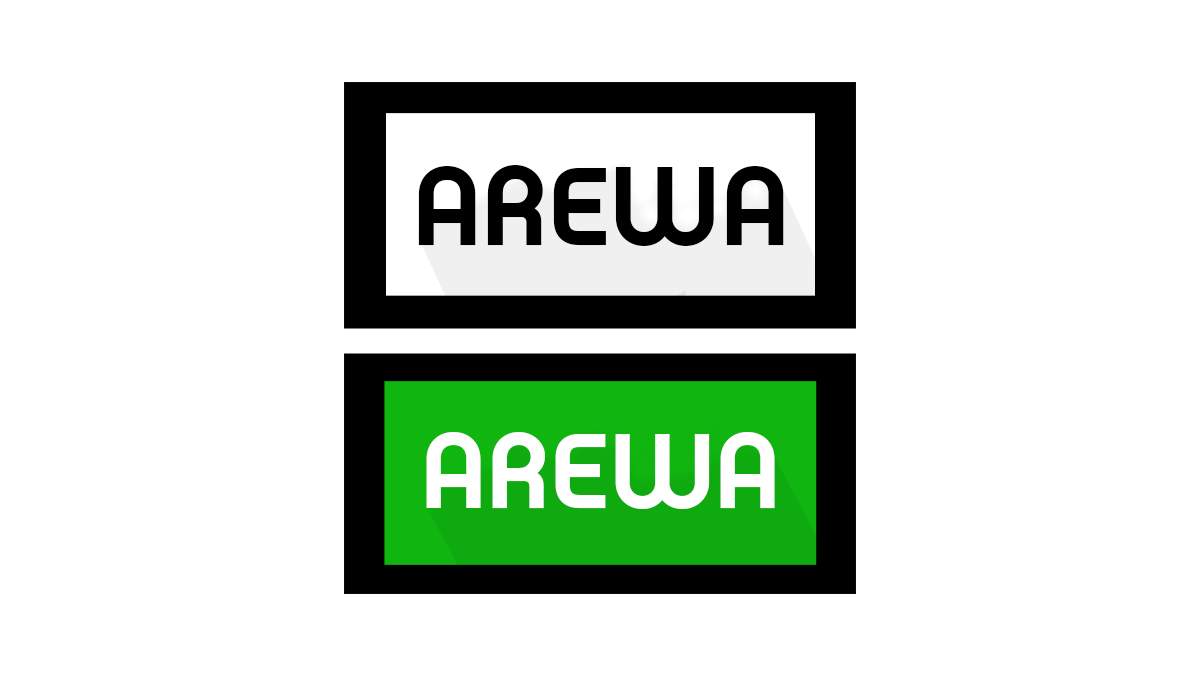The administration of President Muhammadu Buhari increased Nigeria’s debt burden to N33.1 trillion in less than six years, according to the Debt Management Office (DMO).
The figure, released by the Debt Management Office (DMO), includes local and external debt of the federal, state governments and the Federal Capital Territory as at March 31, 2021.
Between July 2015 and December 2020, Nigeria’s debt rose by approximately N20.8 trillion, according to the DMO.
Buhari assumed leadership of the country on May 29, 2015.
A statement issued on the DMO’s website dated June 9 read, “The Debt Management Office has released Nigeria’s Public Debt Stock as at March 31, 2021. The Total Public Debt Stock which comprises of the Debt Stock of the Federal Government of Nigeria, thirty-six State Governments and the Federal Capital Territory stood at N33.107 trillion or USD87.239 billion.
“The Debt Stock also includes Promissory Notes in the sum of N940.220 billion issued to settle the inherited arrears of the FGN to State Governments, Oil Marketing Companies, Exporters and Local Contractors. Compared to the Total Public Debt Stock of N32.916 trillion as of December 31, 2020, the increase in the Debt Stock was marginal at 0.58%.
“Further analysis of the Public Debt Stock, shows that the increase was in the Domestic Debt Stock which grew by 2.11% from N20.21 trillion in December 2020 to N20.637 trillion as at March 31, 2021.
“The FGN’s share of the Domestic Debt includes FGN Bonds, Sukuk and Green Bonds used to finance infrastructure and other capital projects as well as the N940.220 billion Promissory Notes.
“External Debt Stock declined from USD33.348 billion as of December 31, 2020, to USD32.86 billion due to the redemption by Nigeria of the USD500 million Eurobond in January 2021.”
According to the statistics, Nigeria’s total debt as at June 30, 2015, stood at N12.12 trillion.
However, by December 31, 2020, the country’s debt portfolio had risen to N32.915 trillion and from that period to March 2021, the Domestic Debt Stock grew by 2.11% from N20.21 trillion in N20.637 trillion.
From statistics, in 2015, Nigeria’s debt was N12.6 trillion. It rose to N17.4 trillion in 2016 and then N21.7 trillion in 2017.
In 2018, the country’s debt had climbed to N24.4 trillion. It ballooned to N27.1 in 2019 and finally N32.915 trillion as at December 31 last year.
In the latest figure, the country’s debt stands at N33.1 trillion which showed that within a period of 66 months (five and half years), the country’s debt grew by N21 trillion.
To salvage the situation, Buhari has been going cap in hand begging for debt relief for the country at different international fora, but without success thus far.
On his part, the Governor, Central Bank of Nigeria, Godwin Emefiele recently tasked state governors to make their states more economically viable and wean themselves off the addiction to loans and monthly federal subvention by investing heavily in agriculture, especially in crops they have a comparative advantage.
With that, they can help solve the food insecurity nightmare and go into massive exports to pay their debts and build prosperity for their respective states.
The debt accumulation is coming at a time when key government officials in the Economic Management Team have repeatedly defended the country’s debt level, arguing that it is still within sustainable limits.
One of such persons is the Minister of Finance, Budget and National Planning, Zainab Ahmed who had continually insisted that Nigeria does not have a debt problem.
According to her, what the government needs to do is to increase its revenue-generating capacity in order to boost revenue to about 50 per cent of Nigeria’s Gross Domestic Product.
She said, “Nigeria does not have a debt problem. What we have is a revenue problem.
“Our revenue to GDP is still one of the lowest among countries that are comparable to us. It’s about 19 per cent of GDP and what the World Bank and IMF recommended is about 50 per cent of GDP for countries that are our size. We are not there yet. What we have is a revenue problem.”
http://saharareporters.com/2021/06/13/buhari-state-governors-increase-nigerias-debt-burden-n21trillion-five-years



